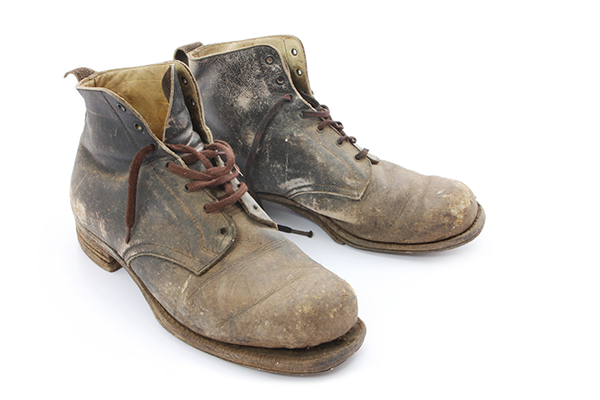Thought ‘trench foot’ was a thing of the past? Think again, it’s just been rebranded!
Trench foot is commonly associated with World War I, but did you know the condition continues to this day? It’s now known as a non-freezing cold injury (NFCI). NFCIs came back to haunt the British army during the Falklands Conflict and, like trench foot, is caused by exposure to cold and wet conditions.
Obviously, the injuries are to a person’s feet, but did you know it can also affect their hands when they are exposed to temperatures just above freezing. These are conditions which should ring alarm bells to anyone working on a construction site over the winter months. Freezing conditions can also lead to other types of cold injuries, such as hypothermia and frostbite.
NFCIs produce lifelong symptoms. Once sustained, the sufferer should avoid prolonged cold exposure indefinitely, which could effectively end a construction worker’s career.

What are the main regulations protecting employees at work?
There is no specific law for working in cold temperatures.
The main regulations that need to be observed to protect workers from sustaining cold injuries are as follows:
- Personal Protective Equipment (PPE) at Work Regulations 1992: If a risk, such as exposure to cold weather conditions, cannot be avoided entirely and PPE is required, these regulations require an employer to assess what PPE is suitable and adequately control the risks.
- Management of Health and Safety at Work Regulations 1999: These regulations require an employer to assess the risk to which the employee is exposed while at work.
- Construction (Design and Management) Regulations 2015: S34 states that suitable and sufficient steps must be taken to ensure that the temperature at an (indoor) construction site is reasonable, having regard to the purpose to which it is used. Where work is outdoors, the construction site must be arranged to provide protection from adverse weather and suitable protective clothing, or work equipment, must be supplied for the use of any person working there.
